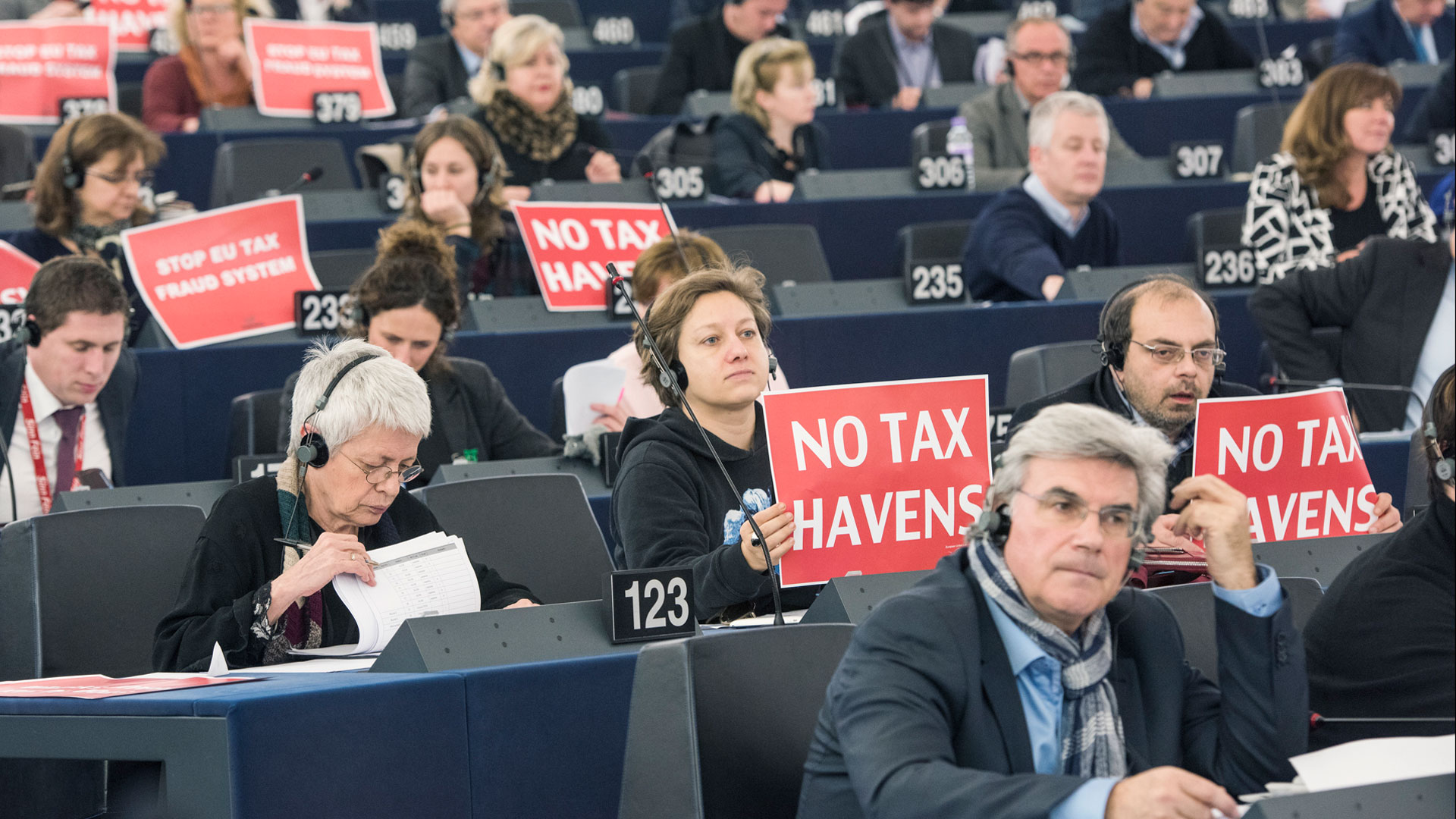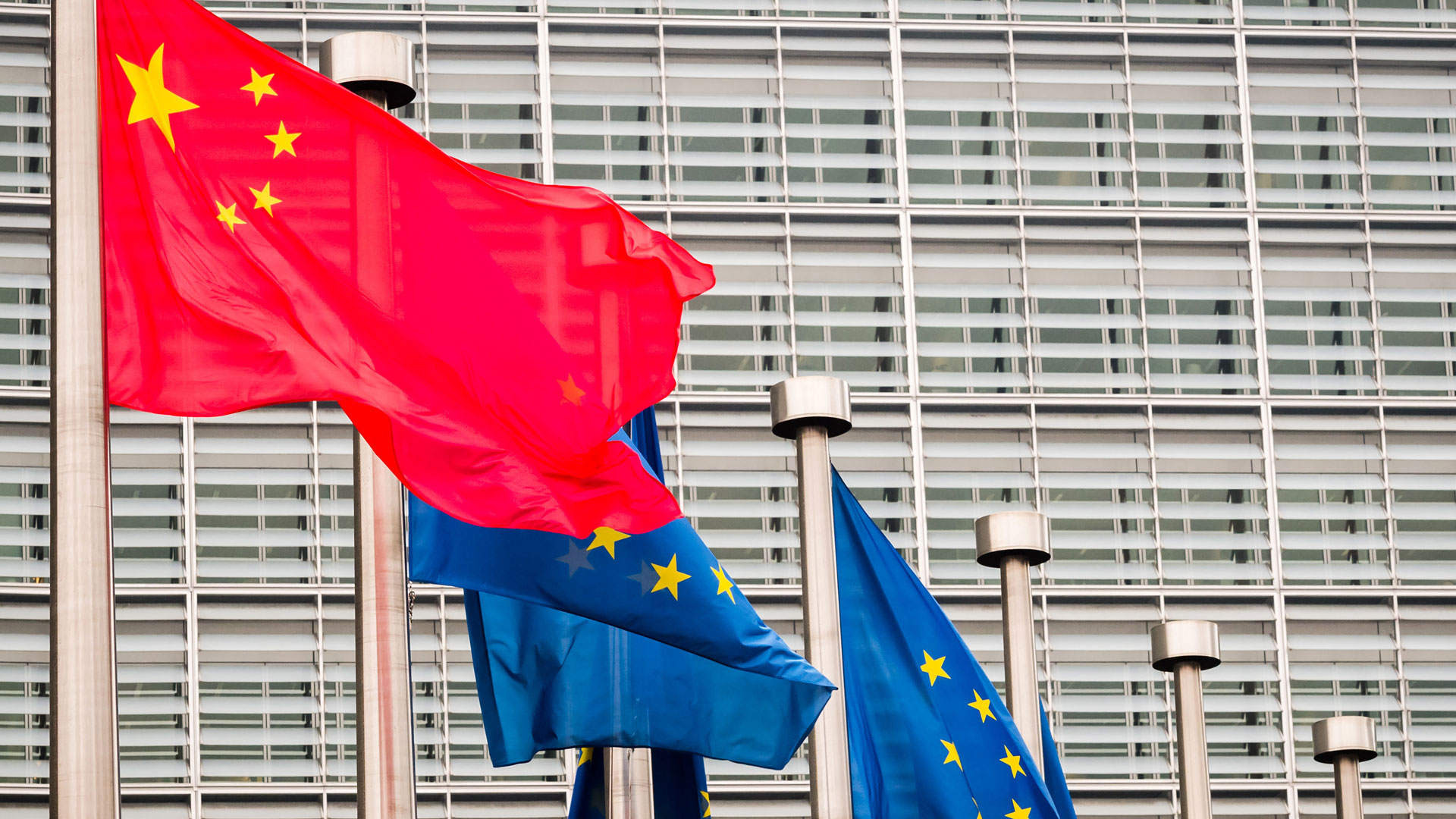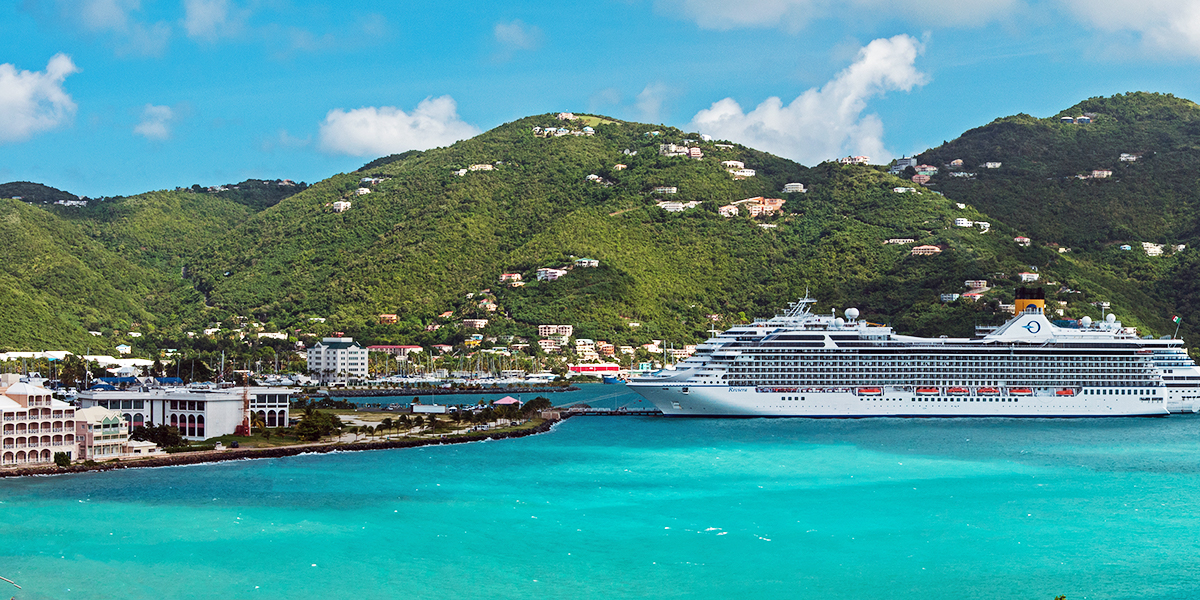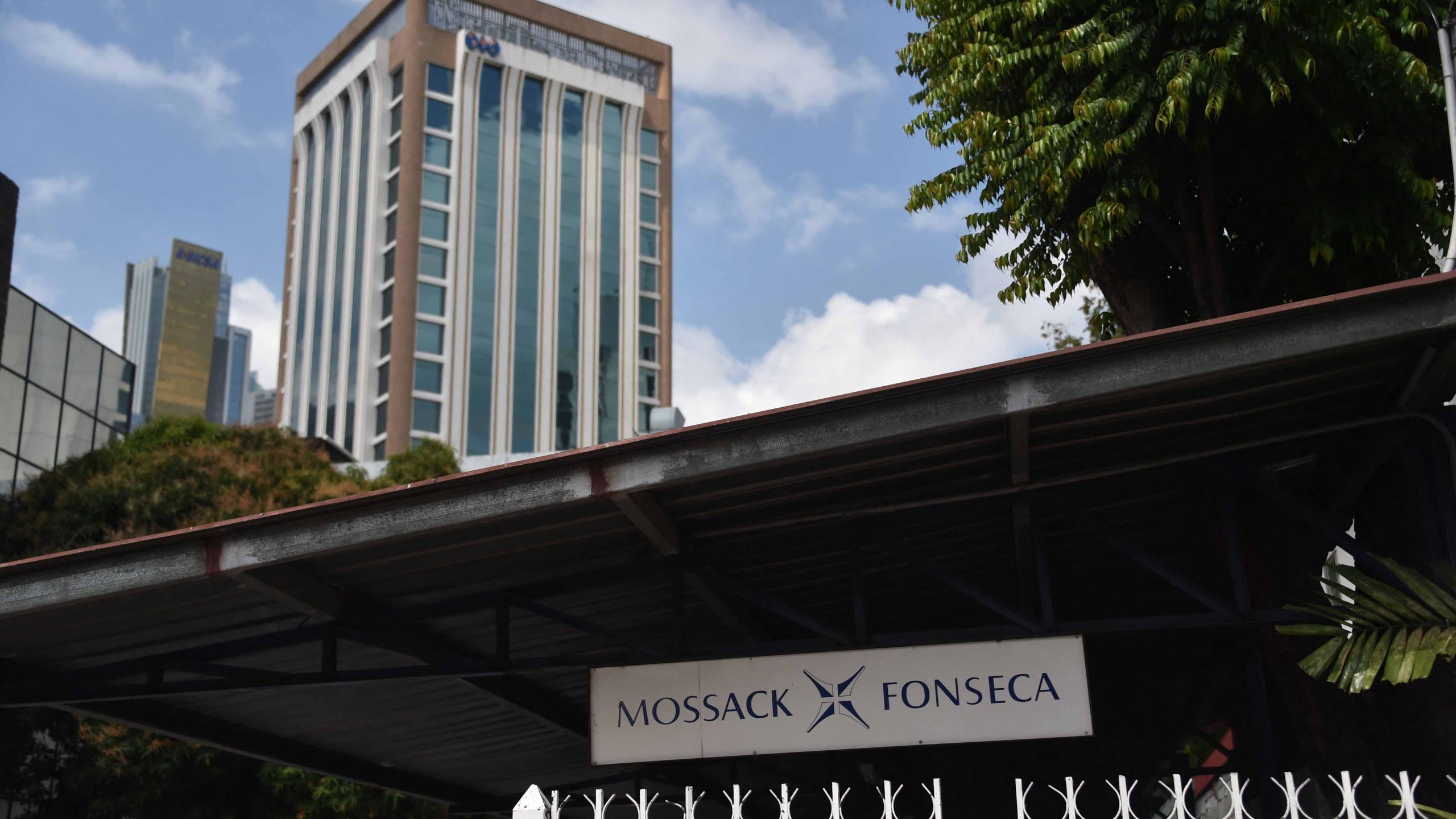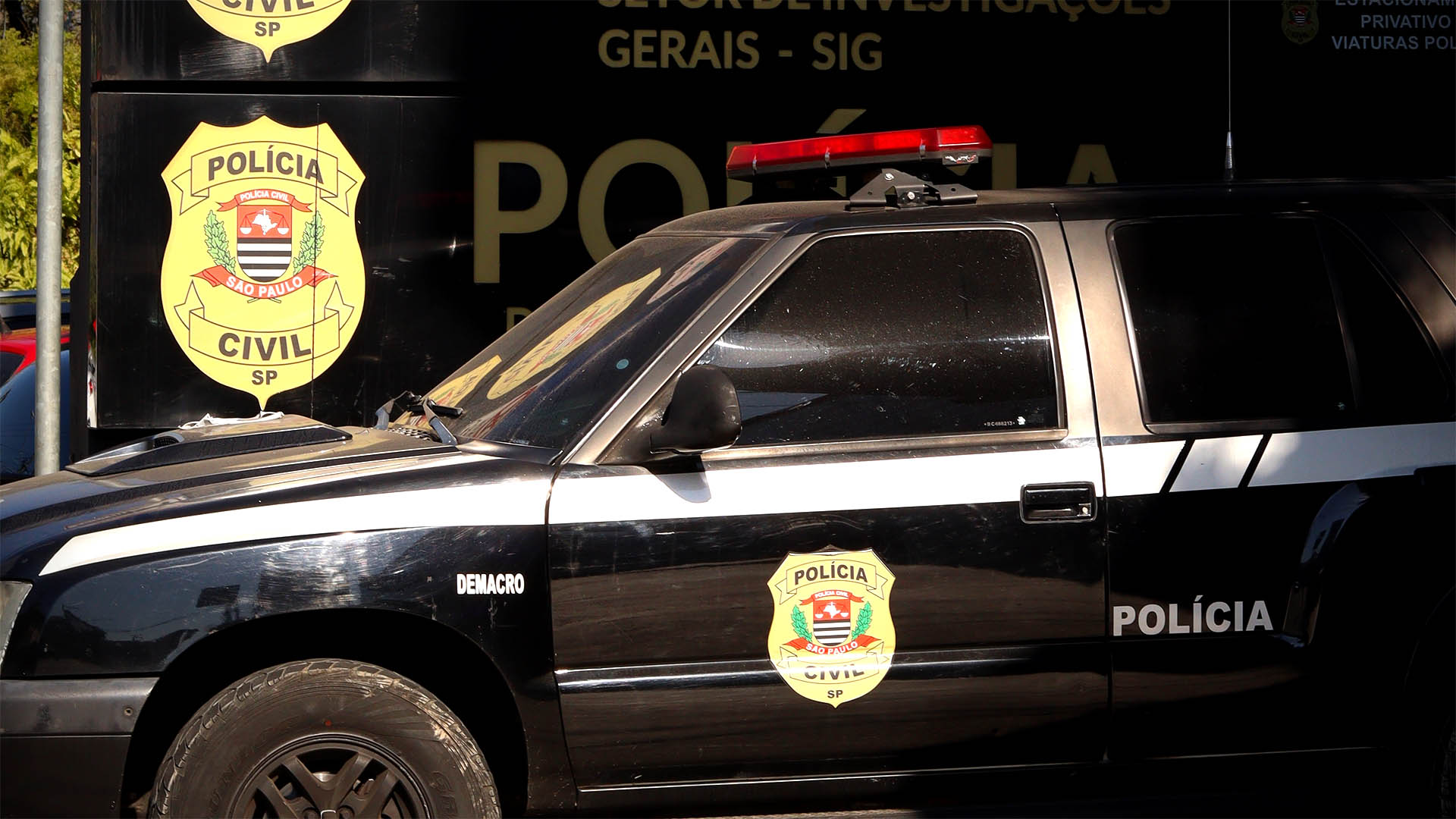Countries, including Malta and Cyprus, have less than three weeks to comply with new European Union anti-money laundering rules designed to frustrate corrupt regimes, mafia groups and terror funders.
The Panama Papers investigation, led by the International Consortium of Investigative Journalists, provoked a global scandal in 2016 by revealing how certain rich and powerful figures use anonymous, offshore corporations to hide their money and evade tax.
In response, EU nations pledged to shine a light on individuals who secretly control such corporations.
Malta, which is currently embroiled in a massive political scandal revolving around the car-bomb murder of a journalist and dirty money claims stemming from the Panama Papers, was one of the countries.
Another was Cyprus, where anonymous companies have for decades been used in efforts to hide the activities of figures ranging from Donald Trump’s former campaign manager Paul Manafort and onetime Serbian leader Slobodan Miloševic, who pursued a brutal campaign of war and slaughter in Bosnia and Kosovo.
[newsmatch-insiders]
The pledge to unmask company owners throughout the EU is the centerpiece of wider reforms agreed in April last year and described by the European Commission as “urgent counter measures“ to tackle criminals that hide behind anonymous companies.
EU member states are committed to introduce, by Jan. 10, 2020, registers of corporate ownership, showing who ultimately controls every company incorporated across most of Europe.
By this date, registers are supposed to be accessible not only to tax inspectors and law enforcement, but also to journalists and members of the public.
Resulting disclosures are designed to cut through the complex chains of ownership that surround many anonymous companies, disclosing the ultimate individuals in charge.
However, very few countries have so far complied with the new rules, set out in the EU’s Fifth Anti-Money Laundering Directive. Luxembourg recently introduced a searchable register, and the United Kingdom has made some information on the ultimate ownership of companies public, via its corporate registry, since 2016.
Germany is expected to squeeze in before the deadline, making information on its existing register available to the public on Jan. 10, while a register of ownership in Malta is scheduled to be made accessible nine days earlier. Some other countries have also made preparations to meet the deadline at the last opportunity.
Laure Brillaud, senior policy officer at Transparency International EU, said: “It is disappointing and worrying to see that public beneficial ownership registers are not yet up and running in the majority of EU member states. There are only weeks left to get the work done. Transparency International hopes there will be something under the Christmas tree this year.”
A spokesperson for the European Commission said he could not comment on how many member states had complied with the new rules ahead of the Jan. 10 deadline. However, he confirmed that many countries had not yet introduced earlier rules, agreed in the Fourth Anti-Money Laundering Directive.
As a result, infringement proceedings are ongoing against 21 of the EU’s 28 member states — Belgium, Bulgaria, Czech Republic, Denmark, Germany, Estonia, Ireland, France, Italy, Cyprus, Latvia, Lithuania, Hungary, Netherlands, Austria, Poland, Romania, Slovakia, Finland, Sweden and the United Kingdom. Cases against Ireland and Romania have progressed as far as the European Court of Justice.
When the latest rules were agreed in April 2018, Frans Timmermans, European Commission vice president, said member states could be proud of “urgent counter measures” they had taken in response to the Panama Papers scandal.
The Panama Papers was the largest leak of documents in the history of journalism, capturing decades of correspondence and record-keeping at offshore law firm, Mossack Fonseca.
Malta’s government has been rocked by top level resignations amidst protests over the killing two years ago anti-corruption journalist Daphne Caruana Galizia, who had reported on suspicious financial transactions linked to the Panama Papers.
Information from the leak, first obtained by ICIJ’s German partner Süddeutsche Zeitung, exposed fraud, corruption, money laundering and other criminality. It also helped tax officials recover more than $1.2 billion in fines and back taxes.
In 2016, the European Commission’s immediate response to the scandal was to concede that its existing reform efforts — the Fourth EU Anti-Money Laundering Directive — were inadequate. It said: “More remains to be done … to limit opportunities for large-scale concealments of funds exposed in recent media leaks, known as the ‘Panama Papers’.”
This resulted in the Fifth EU Anti-Money Laundering Directive and, specifically, the commitment to public registers of company ownership.
Despite progress made by the EU on exposing anonymous firms, campaigners at Transparency International remain concerned about an uneven commitment among member states to the more costly work of monitoring and combating of grand corruption and organized crime. They have called for a pan-European agency to be set up.
Meanwhile, the implementation of ownership registers across the EU has been closely watched in other parts of the world. Many offshore jurisdictions are under pressure to follow Europe’s lead, but some have said they will hold out until the EU can be seen to have followed through on its promises.
